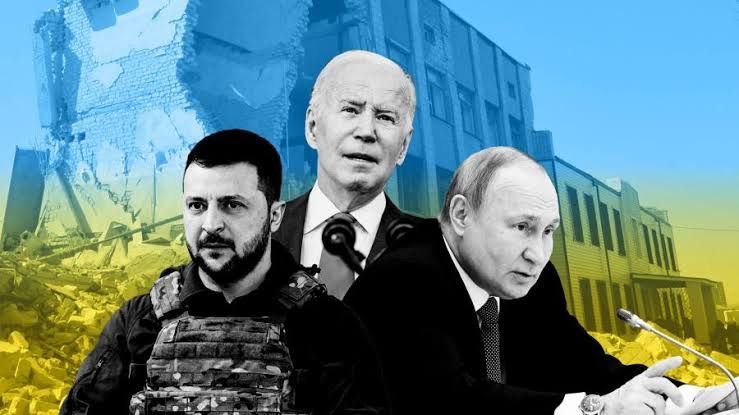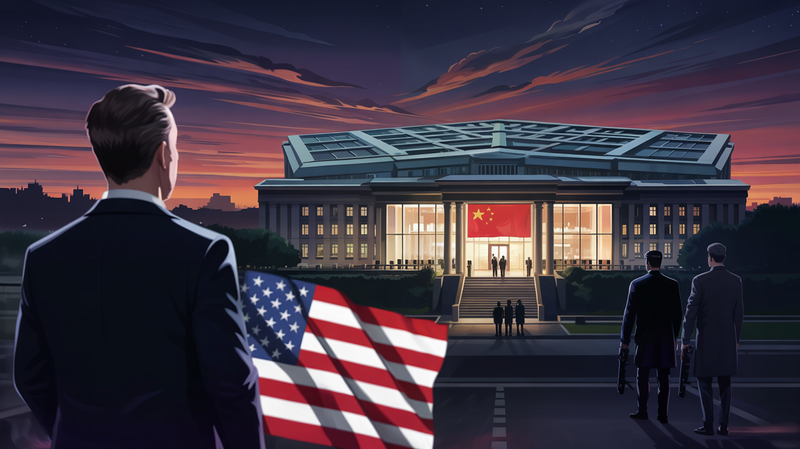The Ill-conceived U.S. Strategy in Ukraine: An Accelerant for America's Decline
The conflict in Ukraine appears to be drawing towards an impasse or a hard-fought Russian victory. Amid this situation, some critics contend that the worst geopolitical fears of the U.S. may be materializing, a consequence of the ongoing war. The American political class may have unwittingly sown the seeds

The conflict in Ukraine appears to be drawing towards an impasse or a hard-fought Russian victory. Amid this situation, some critics contend that the worst geopolitical fears of the U.S. may be materializing, a consequence of the ongoing war. The American political class may have unwittingly sown the seeds for this crisis. Recent events suggest that the U.S. is in a downward spiral, where strategies intended to delay the decline of its global dominance instead accelerate the process.
The launch of Russia's military operations in 2022 caught many in the left-wing political sphere off guard. It was difficult to understand how such action aligned with Russia's national interests. The U.S. had sounded numerous warnings about an imminent Russian invasion, yet in light of previous incidents such as the Iraq WMD scandal and the Russiagate controversy, skepticism about the integrity of U.S. officials and mainstream media was high.
Joe Lauria, a seasoned journalist at Consortium News, was one of the few who anticipated the course of events. In an article dated February 4, 2022, Lauria suggested that the U.S. was banking on debilitating Russia through harsh sanctions and global disapproval, a strategy hinging on the reality of a Russian invasion.
The U.S. has a track record of provoking adversaries into conflicts, exploiting these wars to reinforce its global control. This was the case during the USSR's invasion of Afghanistan in 1979 and Iraq's invasion of Kuwait in 1990. It seems plausible to speculate that the U.S. had similar thoughts regarding a potential Russian-Ukrainian conflict, considering Ukraine's strategic significance to Russia.
In retrospect, it appears the U.S. pushed for NATO's expansion into Ukraine, fully aware that it was a direct provocation for Moscow. Meanwhile, the U.S. rebuffed Russian diplomatic efforts to resolve the crisis, seemingly preferring to exploit the conflict to weaken Russia. The intended strategy involved trapping Russia in a protracted occupation and violent insurgency, alongside a stringent sanction regime aimed at isolating Russia, particularly from Europe. This scenario sheds light on why the U.S. and UK obstructed peace talks that could have ended the conflict as early as April 2022.
Due to gross miscalculations of the military, economic, and diplomatic dynamics of the conflict, the U.S.'s elite has inadvertently hastened the decline of American supremacy. As recognized by Fiona Hill, a U.S. foreign policy expert, the war in Ukraine could be the tipping point that signals the end of American hegemony.
The blame lies squarely with U.S. leadership. The relentless pursuit of unending global dominance was a doomed endeavor. Efforts to steer the U.S. away from imperialism have repeatedly failed in the past. As the final act of U.S. global hegemony approaches, the question remains: can post-Biden leadership succeed where their predecessors have faltered?




